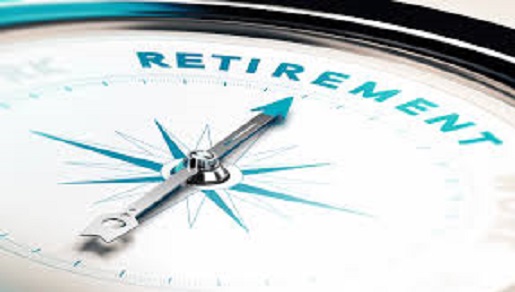Quick Guide to How Much You Will Need to Retire?
- Archana Singh
- Nov 22, 2016
- 3 min read
For any professional, the anticipation of the golden years of retirement can be quite easy and difficult. One might daydream about international adventures or beachside escapes, but rarely does one lay the foundation for realizing one’s retirement dreams money-wise. There are, in all truthfulness, more pressing concerns: job, kids, mortgage payments, car payments—the list is endless. In the middle of this every day grind, it is easy to put retirement savings on the back seat, especially when it’s 15, 20 or 30 years away. Undeniably, surveys have continually shown that the average Indian’s retirement savings is quite low or negligible and that a considerable number of Indians in their 30s, 40s and even 50s have no retirement savings at all.
Pointless to say, the no-savings approach to life is not recommended. At its best, retirement is a time when the stresses of years one through sixty (or so) grow fainter, leaving room for relaxation, delectation and grandchildren. If money is limited, however, financial anxiety could drown out the pleasure of these little things. To retire to a comfortable life with your choice of lifestyle - Start saving! The imperative thing is to be realistic. While some costs will possibly go down in retirement, others may rise. Particularly healthcare costs are likely to rise in retirement. So, it is best to have a cushion for impulsive costs like that. Plus, retirement is your reward for decades of hard work: treat yourself accordingly.
The below listed measures will help you come up with your own approximation of how much money you'll need to lead a good life after retirement -
1. Estimate Retirement Expenses
Firstly, estimate your retirement expenses. For example, how much do you think you will spend per annum in retirement, together with an estimate of taxes you will pay on retirement income? The easy way to start off is by looking at your current take-home (net) pay. Assuming you spend your take-home pay every month; that is a good preliminary estimate to use as far as what monthly amount you will need in retirement. The next step is to look at what you spend it on. Some items may change once you retired. Like, dry cleaning may go down, but travel may go up. Make sure to steer clear of frequent retirement budget mistakes, such as forgetting about things that don't happen on a regular basis like major home repairs, annual insurance premiums, or periodic medical costs.
2. Outline a Framework for the Income that will come from Guaranteed Sources
Figure out how much retirement proceeds you will have from guaranteed sources. This must include income sources like pensions, Investment benefits and monthly annuity payments that you may receive. The more guaranteed income you have, the less other savings you will need.
After this, compare this income to your estimated retirement expenses. Ideally, minimum half of your estimated retirement expenses are covered by guaranteed income by the time you reach 70 years of age. If that isn't the case, consider buying an annuity to provide added guaranteed monthly income.
3. Calculate the Gap
Calculate the break between retirement expenses and guaranteed sources of retirement income. This gap signifies the yearly amount that you need to withdraw from your own savings and investments per annum. Next step is to add up each year's gap over your usual retirement years to create an estimate of how much you need to have saved to be sufficiently prepared for retirement planning.
4. Factor in Inflation and Life Expectancy
Variables like your rate of return on investments, life expectancy, inflation, and your readiness to spend principal amount will all have a big impact on the amount of money you will need to retire. The best case scenario is to assume average to above average returns on investment, average life expectancy, as well as low inflation. The worst-case scenario is to assume below average returns, above average life expectancy and high inflation. You need to consider both. Maybe you will have to work longer, save more, or spend a little less in retirement to get your plan on solid ground.
















Comments